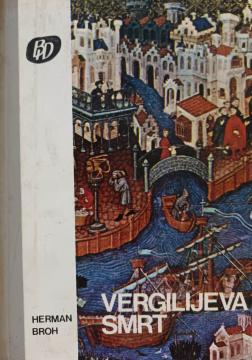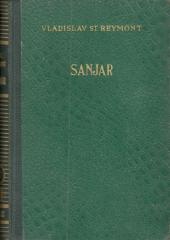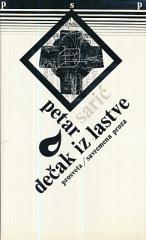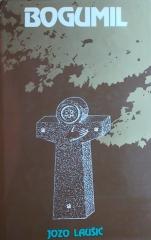
Vergilijeva smrt
The Death of Virgil (1945) is Hermann Broch's most famous work. The novel follows the final days of the Roman poet Publius Virgilius Marus, who, gravely ill, travels from Athens to Brundisium, arriving on the birthday of Emperor Augustus in 19 AD.
The action takes place in the last eighteen hours of Virgil's life, gripped by fever and a foreboding of death. The novel is divided into four chapters, each corresponding to a part of the day: the arrival by ship, a walk through the slums, a conversation with the emperor Augustus, and the final death.
Virgil, gravely ill with melancholy, lies on a stretcher in the midst of a mass of passengers, symbols of chaos and transience. The doctor Charondas sees the illness as a creative force. In the palace, through the stream of consciousness – "the only lyric poem" – the poet despairs: the Aeneid is not authentic art, but a compromise with the imperial ideology. He wants to destroy the manuscript, but Augustus dissuades him, emphasizing its role in stabilizing the Empire.
The philosophical dialogue with the emperor reveals a dualism: art seeks truth and the transcendent, power – order and falsehood. Broch explores the existential crisis of the artist in a transitional age (pagan to Christian), melancholy as a path to enlightenment, and the conflict between the titanic and the Dionysian.
On his deathbed, a vision of a mother and child – a prefiguration of Christianity – frees Virgil. He dies in ecstasy, accepting death. The hybrid genre – historical novel, lyric poem – is dense with symbols, inspired by Joyce. It projects Broch's crisis in exile: the search for meaning amidst chaos. A challenging, profound work about authenticity and the ethics of creativity.
One copy is available
- Traces of patina
- Signature of previous owner





